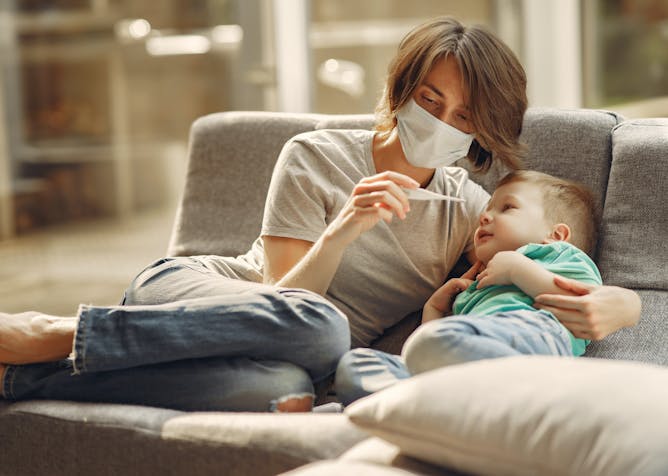|
I heard some radio chatter suggesting some people don’t make resolutions anymore because they may have more sophisticated — or cynical — self-understandings than people of yesteryear. The idea was that we know we’ll break our resolutions, and anyway, we tend to be focussed on wellness year round.
But is faith in ourselves and our own gain the only point (and can we really think we are that original)? Today in The Conversation Canada, Nicole Dufoe of the University of Toronto writes about how English Victorian writers approached both self-help and resolutions. Her story offers both a fascinating look at 19th century roots of the contemporary western wellness industry and at rest, routine, ritual and literature in earlier times.
As she writes, “the Victorians offer more than the origins of the wellness industry’s current capitalist trap.”
Also today:
Regards,
|

January is named after the two-faced Roman god Janus, and the Victorians understood this has long been a season of looking backward as much as forward, and not just in search of lessons.
(Shutterstock)
Nicole Dufoe, University of Toronto
The 1859 book ‘Self-Help’ by Scottish journalist and physician Samuel Smiles was written in bite-sized pieces reminiscent of today’s wellness and lifestyle New Year tips.
|

Defence Minister Anita Anand holds a media availability on Parliament Hill in December 2022 on her report to Parliament on culture change reforms at the Canadian Armed Forces. It’s the latest of many pledges to reform the CAF’s culture.
THE CANADIAN PRESS/Sean Kilpatrick
Jason Walker, University Canada West
Sexual violence in the Canadian Armed Forces is a common, dominant and serious issue that can have severe consequences for victims. Why is the military so slow to seriously address it?
|

Parents need practical strategies to balance the health risks and stressors of kids getting sick as we trudge through the virulent flu, RSV and COVID-19 winter season.
(Pexels)
Emily E. Cameron, University of Manitoba; Darcy Beer, University of Manitoba; Elisabete Doyle, University of Manitoba; Karen Gripp, University of Manitoba; Leslie E. Roos, University of Manitoba; Merilee Brockway, University of Calgary; Tasmia Hai, University of Manitoba
Evidence-based tools for dialectical behaviour therapy can help us manage family stressors during the virulent respiratory virus season.
|

Certains mouvements citoyens n'en sont pas réellement: ils ont été créés de toute pièce par des lobbys et groupes d'intérêts pour appuyer ou dénoncer certaines cause.
(Shutterstock)
Justine Lalande, Université du Québec à Montréal (UQAM)
L'astroturfing est une pratique qui consiste à usurper l'identité citoyenne à des fins politiques ou commerciales afin de manipuler l'opinion publique.
|
Business + Economy
|
-
Steve Schifferes, City, University of London
Central banks are raising interest rates to tame inflation, but 2023 will increasingly turn a technical decision into a political challenge.
|
|
Environment + Energy
|
-
Abi Gazzard, International Union for the Conservation of Nature; Connor Panter, University of Nottingham; Rosalind Kennerley, International Union for the Conservation of Nature
Rodents are the most numerous – and least studied – of all Earth’s mammals.
|
|
Science + Tech
|
-
Georgia May Nester, Curtin University; Louw Claassens, Rhodes University
Environmental DNA like skin cells, blood and faeces can be extracted from water, soil, ice or air to provide a good snapshot of an ecosystem.
|
|